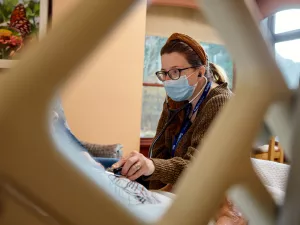
Give + make a difference
Ways to Give
No gift is too big or too small. And however you choose to give, we have one thing to say: Thank you.
Giving events
Jun
10
Giving

No gift is too big or too small. And however you choose to give, we have one thing to say: Thank you.